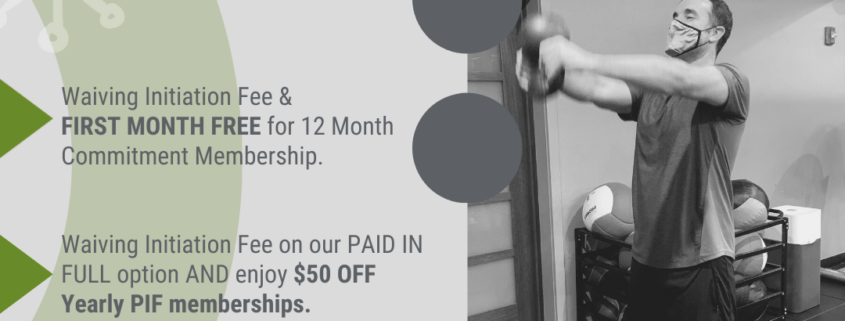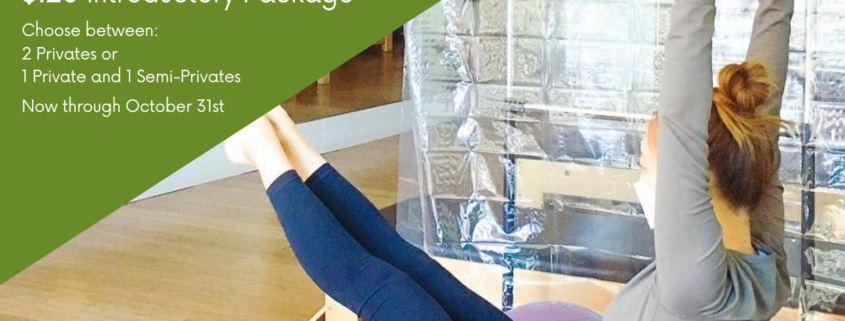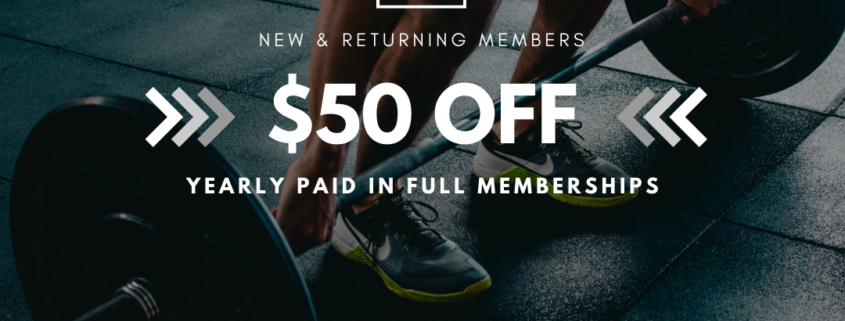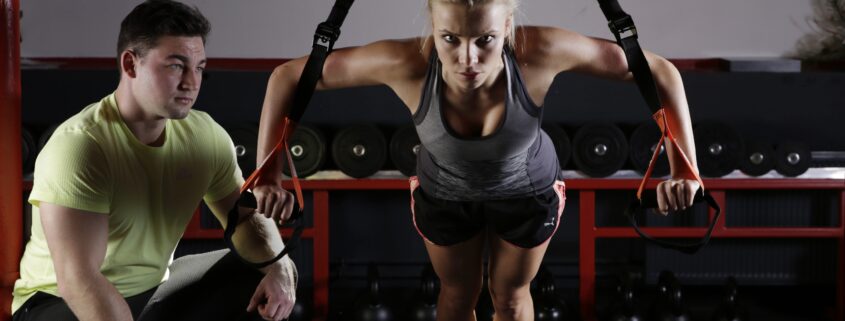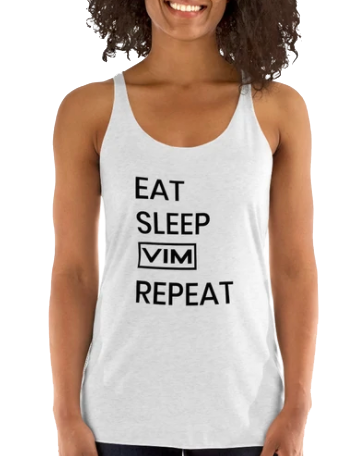Running is a fantastic way to improve your health and fitness. Plus, you get the added benefit of breaking away from life’s stresses and into the freedom of the great outdoors.
The problem is that while many of us start a running habit with good intentions, it’s not always easy to stay motivated and consistent with it. But that’s the only way to obtain all the health benefits it brings.
So, if you’re struggling with your running motivation, don’t fret over it. This article will help to pick you up and get your feet back on the ground to enjoy one of the best exercises for your mind and body. Now lace up and let’s go!
Why Should You Start Running?
Whether you’re looking to lose weight, improve your fitness, or de-stress, realizing the benefits of what running can do is the first step to getting motivated to do it. Here are just a few of those benefits:
Improves cardiovascular health – running gets your heart pumping and increases oxygen intake. It improves your heart and lung health as they become more efficient at taking in oxygen and transporting oxygen-rich blood around the body.
Improves muscular and bone strength – as running is a weight-bearing exercise, the impact on your bones causes them to develop stronger to deal with it. Then the muscles have to work harder too to carry your body weight with every step.
Maintain a healthy weight – running burns a lot of calories which helps you keep your weight under control. So if you’ve overindulged over the weekend, a nice long run can help burn off those excess calories.
Improves mood – running is like all exercise in that it improves blood flow to the brain, as well as the release of endorphins. Plus, if you do it in a natural environment it can help to calm the mind and lower stress levels too.
How to Get Motivated to Run
If those benefits haven’t quite got you fired up, then stay tuned as we get right into some effective techniques to build that motivation to start running. Each will work differently for everyone, so it makes sense to equip yourself with a few for when you really need it and nothing else works.
Get Dressed
The clothes maketh the man. Have you heard the phrase “Dress for success”? The clothes we wear are a choice we make and affect how we present ourselves to the world. Just as wearing a suit creates an air of professionalism, your running clothes can do the same. Even if you don’t feel motivated, put them on and you’re already halfway there.
What Are You Listening To?
The music you listen to can really affect your performance and motivation. Something upbeat and uplifting works great for this. But why not try something different like a podcast or audiobook? If you’re looking forward to progressing with that, it could be that kick to get you running again.
Track and Challenge
With all the fitness tech out there you can accurately measure your progress and set goals for yourself. Smart watches and apps can track your routes or you can try someone else’s. So you can time yourself each time and aim to do more or explore somewhere else. Make it a challenge and you’ll never get bored.
Buddy Up
When you really don’t feel like running, run with a friend. You can keep each other motivated when the other isn’t up to it, and you can encourage each other to push further. Or you can join a running club and run in a group. That way there’s always someone who can pick you up and give you that boost.
Change Your Location
Running outside is much better than spending hours in the gym on a treadmill. First off, you’re getting lots of nice fresh air into your lungs. But it also engages the mind as you view various landscapes and sights. So trying somewhere new can make running that much more interesting and exciting.
Track Your Goals
Whatever reason you decided to run, keep that goal in mind, and measure your progress each week. If you feel fitter, look slimmer, or are running further, check your progress on a chart or diary. Each week you see noticeable improvements, it’s plenty to give you that exercise motivation to keep going.
Connect With Nature
Sometimes we need to switch off and get back to what grounds us. Being amongst nature is a sure way to time out and rejuvenate the body and mind. So if you have the chance to run in fields, forests, beaches, and lakes, it can do wonders for your soul and make you want to run freely in it.
Schedule Your Runs
When you plan an event ahead of time, you prepare the mind to be ready for it. Plus, when it’s booked into your schedule, you’ll have no excuses but to do it. As it becomes more routine, you won’t even question it. You just get up and do it, because that’s what you’ve always done.
Reward Yourself
After completing a run, give yourself a reward. Not something like chocolate that’ll undo your work, but something more meaningful. Maybe you treat yourself to something new or relax with your favorite TV show. If you’ve got something to look forward to, complete your run and get it.
Master Your Running Motivation
We can’t always have that running motivation we want. After all, so many different factors come into it, and sometimes we just don’t feel up to it. But any workout motivation can be achieved with a change in mindset or method.
So if you need the motivation to start running, or just to get back on track with your running goals, these tips should help give you that boost you’re after. Remember, that any exercise motivation is fleeting, so putting every element in place will ensure you never lose it.
If you’re after more health and fitness tips or looking to train with us, come and see what else we have to offer today.


